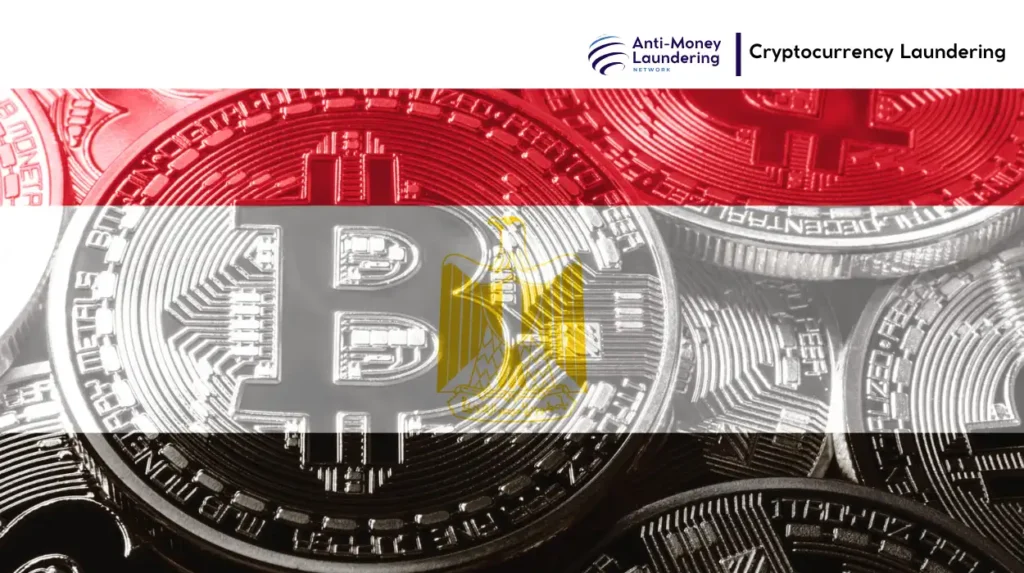The Egyptian Darknet Cryptocurrency Smuggling Ring exemplifies the growing challenge posed by illicit financial networks leveraging digital currencies. Operating through sophisticated methods such as shell companies, informal currency exchanges, and darknet marketplaces, this criminal ecosystem exploits regulatory weaknesses and institutional gaps within Egypt and beyond. The involvement of politically and economically influential actors further complicates enforcement, allowing substantial sums of laundered funds to undermine economic stability and perpetuate corruption. This case highlights the urgent need for stronger oversight and coordinated international efforts to combat the misuse of cryptocurrencies in organized crime.
The Egyptian Darknet Cryptocurrency Smuggling Ring represents a sophisticated and deeply entrenched criminal ecosystem exploiting the anonymity and cross-border capabilities of cryptocurrencies to smuggle and launder illicit proceeds primarily within Egypt’s borders but with international reach. The ring launders funds involved in drug trafficking and other serious crimes through darknet marketplaces, informal currency exchanges, shell companies, and real estate investments. Despite Egypt’s formal commitments and institutional frameworks against money laundering, significant enforcement and regulatory gaps have allowed this criminal activity to persist and expand. The suspected involvement of politically or economically powerful individuals exacerbates the challenge of transparency and prosecution. This illicit financial activity undermines Egypt’s economy by fostering corruption, eroding trust in financial institutions, and causing capital flight. Enforcement efforts continue but face structural and operational limitations in addressing the sophisticated laundering techniques employed by this smuggling ring.

